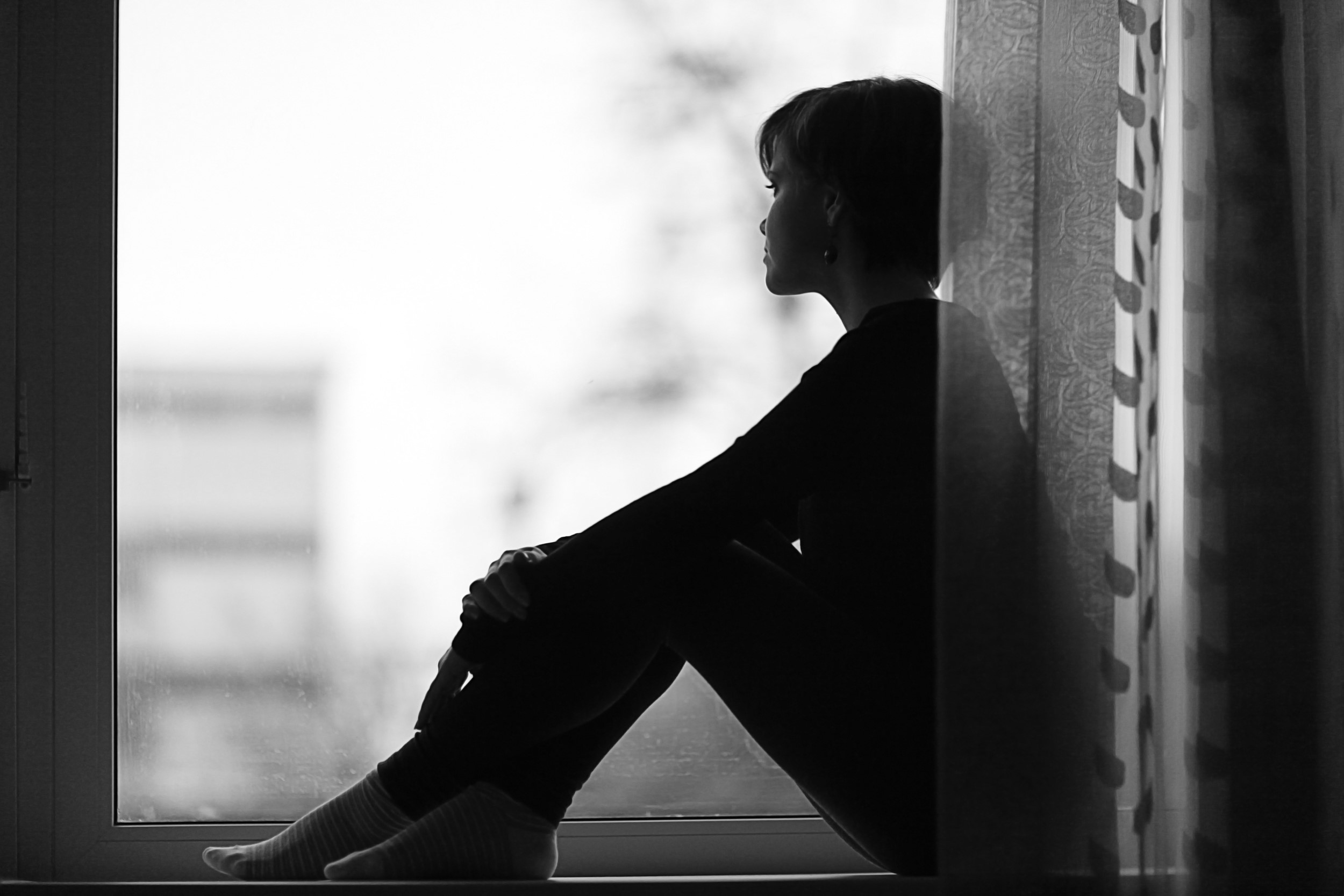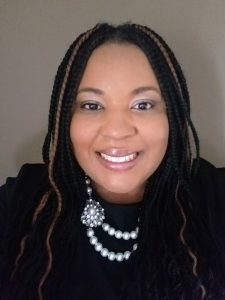Gaslighting: A form of mental and emotional abuse akin to brainwashing, where an individual or group are convinced by someone close to them to question their memory, perception, or sanity.
The term “gaslighting” surfaced from the 1944 film Gaslight, in which husband Charles Boyer tricked his wife, Ingrid Bergman, into believing she was insane. “It’s really rooted in manipulation,” said Student Counseling Services’ Danielle Beasley. “The abused has a sense of what seems off, but the abuser turns the fault to the abused.”
This form of domestic abuse can present as the abused taking blame for the behaviors of the abuser. “For example, the victim might think, ‘If I wouldn’t have said this, then he wouldn’t have yelled,’ or ‘I know that she doesn’t like this outfit, so I shouldn’t have put it on in the first place,’” said Beasley, who added the abused often takes ownership for the unhealthy parts of the relationship. “There is no responsibility put back on the partner’s bad choices, bad behavior, or bad attitude.”
Forms of domestic abuse are one of the areas tackled in the Student Counseling Services’ Confidential Advising. The program provides support and advocacy services for survivors of sexual assault, dating violence, stalking, and domestic bullying and abuse. “We might talk to students experiencing domestic abuse about power and control, and help them to gain more insight into the dynamics of an unhealthy relationship,” said Beasley.
Domestic abuse can extend to relationships beyond dating, and be viewed in a broader context that can include parents, siblings, or even a roommate, noted Beasley. “It can be difficult to leave those situations for a number of reasons,” she said.
If a partner gets angry, it can be dismissed as ‘He’s just really into me.’ — Danielle Beasley
Fear and shame are two reasons people might continue to expose themselves to toxic relationships. “People think, ‘I’m intelligent. I’m capable. How did I let this happen to me?’” said Beasley. In other cases, people might not recognize the relationship as abuse. “If someone is not being physically abused, it’s easier to overlook the danger. It could be verbal abuse or financial abuse—anything that limits the freedoms of the victim.”
Younger college students are especially susceptible to intimate partner abuse due to emotional inexperience, said Beasley. “If a partner gets angry, it can be dismissed as ‘He’s just really into me,’ or ‘She’s just overly concerned because she loves me.’ Limiting where a person goes, how a person dresses, who a person talks to is being wrongly interpreted as love.”
A majority of staff members at Student Counseling Services are trained in confidential advising. Beasley encouraged all students who believe they could benefit from Confidential Advising to reach out, even just to talk. “We are really committed to helping every survivor, every victim, to help re-empower them and reconnect them,” she said.
Find out more on the Student Counseling Services website, or call (309) 438-3655.


